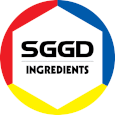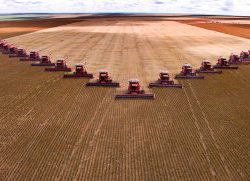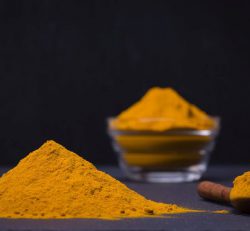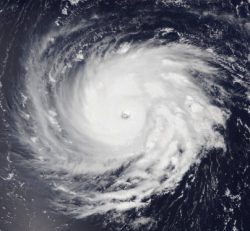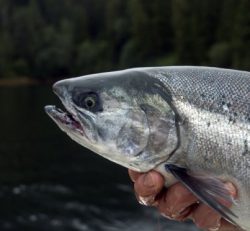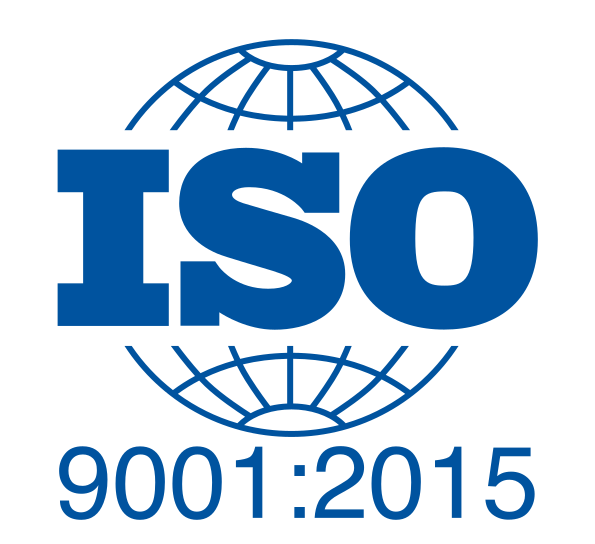4 WAYS TO INCREASE LIVESTOCK SUSTAINABILITY
Sustainable farming can be understood as the production of food in an economically profitable, socially acceptable and environmentally neutral way. It is believed that only in this way future generations will be able to produce enough food to meet their needs.
Sustainability is a multifaceted challenge and the miracle of the ‘1 size fits all’ solution does not exist. For example, vegetarianism or veganism are certainly not the global solution as many parts of the world are not suitable for growing plants that are digestible by humans due to lack of water or unfavourable climate conditions. Sustainability in general and sustainable farming (including crop, fibre and wood production for food, textiles, construction, energy, etc.) are linked to the rest of the supply chain from production to consumer. 4 main aspects in the way to increase sustainability are discussed here.
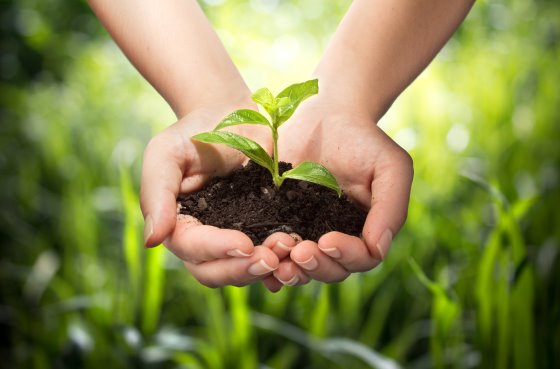
Photo: Shutterstock
1. Stop food spoilage
The FAO states that “one-third of food produced for human consumption is lost or wasted globally, which amounts to about 1.3 billion tonnes per year”. The easiest way to start a more sustainable society is to prevent waste and consume what is produced, whether it is produced in a conventional, intensive, extensive, organic, synthetic or other way.
Preservation additives are essential to preserve valuable ingredients such as lipids, vitamins and essential nutritional elements and to prevent or delay degradation by insects, parasites, yeast, mould or bacteria. In line with this, additives for animal feed are also essential for sustainable animal production. Nutritional formulation, energy content, palatability and digestibility are predominantly characterised by the raw materials and their quality, transport, processing and storage conditions.
Up until today agriculture has focused on production efficiency to feed the (local) population. Industrial agriculture uses easily measurable and economic parameters such as yield, feed conversion ratio (FCR), production cost and efficiency. The sustainability debate involves a shift or rather the addition of new production parameters such as animal welfare, animal health, public health, environmental impact, CO2 ammonium-phosphate pollution, biodiversity, etc.
2. Produce qualitative materials
European research1 has shown that there are over 50% more mycotoxinsin conventional grains than in organic grains. The average level of mycotoxins in conventional grain is also more than twice as high as the average level in organic grains. The probable explanation for the higher levels of mycotoxins in conventional European crops is the routine use of nitrogen fertiliser coupled with fungicide applications. Conventional farming systems increase the risk of fungal infections due to the lack of diversity and reliance on monocultures, and because of the intensive use of fertilisers that deliver nutrients in a readily available form. Application of fungicides often suppresses fungal pathogens, allowing farmers to produce higher yields. However, routine and repeated applications can lead to problems with resistance and trigger shifts in the population of fungi towards mycotoxin producing strains. Organic farming systems reduce the prevalence of serious fungal infections, and hence mycotoxin risks, by promoting diversity in the microorganisms colonising plant tissues and living in the soil and by reducing the supply of nitrogen that is readily available to support plant and pathogen growth. A smart use of mycotoxin deactivators as a feed additive when combined with smart cultivation can reduce the risk of mycotoxins impacting animal health.
3. Improve diversity
It has been proven that monocultures may be more efficient in optimum production conditions but are much less robust against suboptimal conditions. They are more susceptible and vulnerable to intruding organisms taking over the ecosystem when sudden changes occur, with devastating results for the monoculture.
In addition, in animal production monocultures of animals such as varieties of pigs or chickens show specific problems. The use of antibiotics and other treatments against diseases such as coccidiosis or contaminants such as mycotoxins frequently induce secondary gut health issues related to unfavourable bacterial population shifts. In combination with the (over) supply of nutrients, opportunistic pathogens take over the bacterial ecosystem in the gut, resulting in bacterial and necrotic enteritis. Certain feed additives such as coated butyrates or probiotics have proven to stabilise the bacterial environment and prevent complete take-over by the intruders. Sometimes additives such as mycotoxin deactivators eliminate the effect of contaminants, but often the primary cause cannot be eliminated solely by feed additives but are at least part of the solution in reducing unsustainable systems such as the use of AGPs.
4. Go local
Soyabean and fish meal are easily digestible and have traditionally been main sources of proteins in many animal diets. However, their accessibility is expected to decline with the increasing demand for a more sustainable use of highly digestible ingredients for human consumption, rather than for inclusion in animal diets.
More sustainable production can be facilitated using economical and local by-products and feed ingredients, such as cassava pulp, sunflower cake meal, seaweed and insects. Importantly, the use of local ingredients will also reduce the dependency on imported feed materials and provide more opportunities to develop the economy locally. However, these alternative protein sources are likely to be less digestible, which will have a negative impact on animal performance. This lower digestibility results in reduced uptake of amino acids and subsequently more proteins remain as a substrate for proteolytic fermentation, which may compromise intestinal integrity and function. Here again, feed additives such as coated butyrate, botanicals and probiotics enhance intestinal health and function, thereby improving the performance of animals fed a poorly digestible protein source.
Redefining animal production methods
Modern farming and animal production must redefine their production methods towards a more sustainable society and implement the new sustainable criteria which are often contradictory to the old economic parameters. Animal welfare demanding lower animal density, slower growth, local feed production, less environmental impact and higher quality of meat and derived products will at least impact the cost and the efficiency or yield. In this context, quality does not (solely) refer to nutritional or food-safety standards, but to the value that customers are willing to pay, if they are serious about improving sustainability in agriculture.
1 Benbrook, C.M. Breaking the mould – impacts of organic and conventional farming systems on mycotoxins in food and livestock feed, an Organic Center State of Science review, 2006.
Author: Jeroen De Gussem, Nutriad
